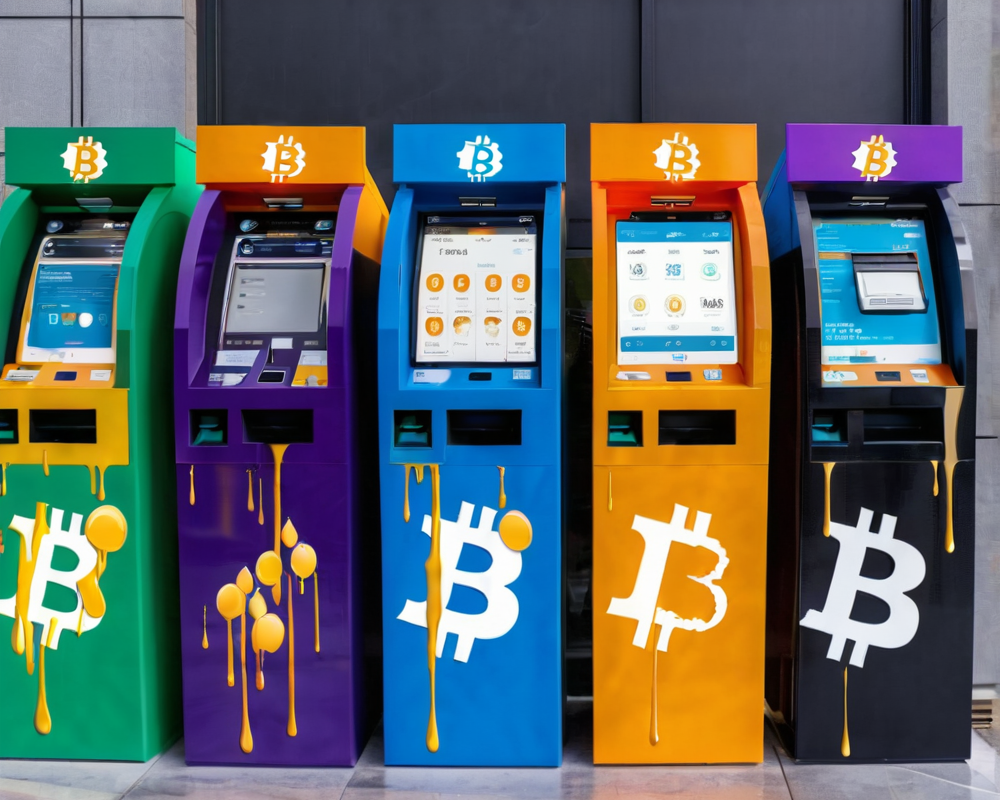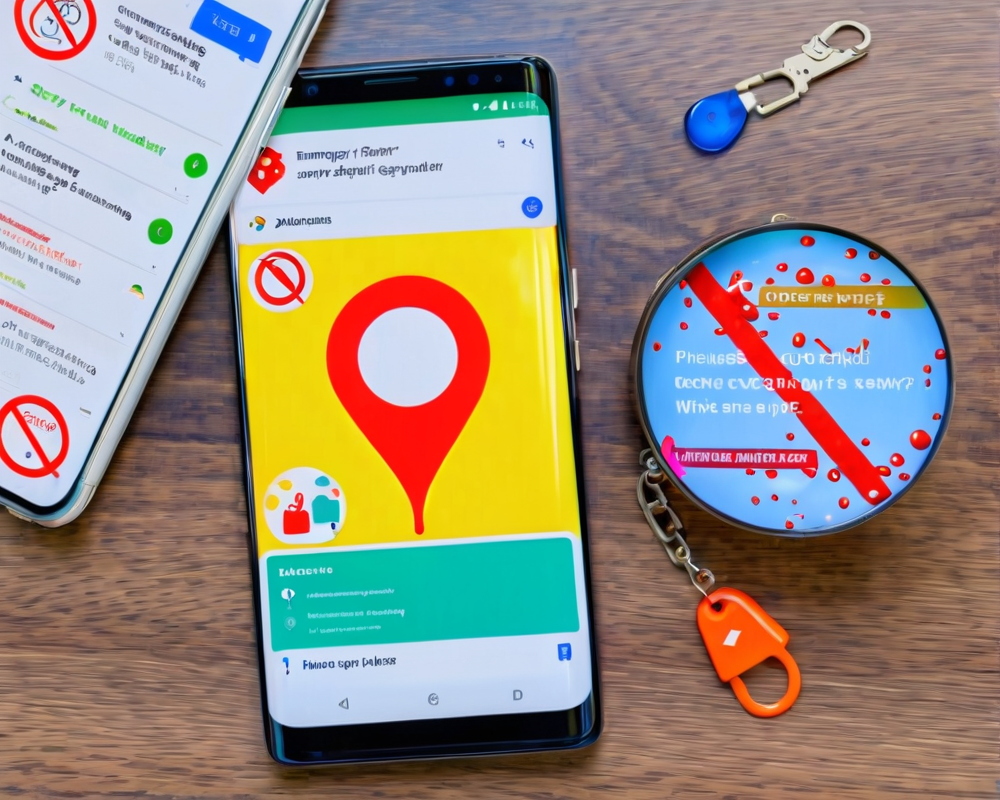Zimbabwe’s Bold Move: Central Bank Sells Billions in Gold-Backed Digital Tokens Amid IMF Concerns
Gold-Backed Digital Tokens: A Financial Experiment
The Reserve Bank of Zimbabwe (RBZ) recently decided to jump onto the cryptocurrency bandwagon by selling a staggering 14 billion Zimbabwean dollars in gold-backed digital tokens. Worth around $39 million, this action sparked quite a conversation, particularly with the International Monetary Fund (IMF) peeking over their shoulders with raised eyebrows.
The Details of the Sale
Starting from May 8 to May 12, the RBZ opened the floodgates for 135 applications totaling 14.07 billion Zimbabwean dollars to purchase these shiny new tokens backed by a hefty 139.57 kilograms of gold. Now, for those wondering, the official exchange rate was pegged at 362 Zimbabwean dollars to one US dollar, but let’s be real — the rates on the streets tell a different story. Ultimately, that stash is nominally valued at around $38.9 million, which is a lot of moolah in anyone’s book.
Pricing and Vesting: Who’s Buying?
These tokens didn’t come cheap for the average Joe. Individuals had to fork out a minimum of $10, while corporations needed to present $5,000 at the door. With a minimum vesting period of 180 days, these digital gems can be housed in e-gold wallets or carried on sleek e-gold cards — talk about modern banking! It’s all part of RBZ’s multi-pronged strategy to stabilize the economy and combat the ever-volatile local currency.
IMF’s Warning: An Ominous Cloud
However, amidst the celebrations of this financial innovation, the IMF stepped in with a friendly reminder — or rather, a cautionary tale. They suggested that Zimbabwe reconsider its approach and focus on liberalizing its foreign-exchange market, warning about potential risks lurking in the shadows such as macroeconomic instability and legal complications. Their advice? Conduct a thorough assessment before diving headfirst into this financial experiment.
A History of Currency Turbulence
Zimbabwe’s financial landscape has been a turbulent ride, with currency volatility and hyperinflation dominating the past decade. The local currency was rendered useless in 2009, prompting an adoption of the US dollar as the go-to currency. The Zimbabwe dollar made a comeback in 2019 in attempts to rejuvenate the economy, but, spoiler alert, things didn’t quite settle down.
The Future of Gold-Backed Tokens
Looking ahead, a second round of these digital token sales is in the works, with further applications invited until May 18. RBZ Governor Dr. John Mangudya reassured the public that the issuance of gold-backed tokens aims to expand investment accessibility and enhance economic resilience. Yet, the question remains—will this gamble pay off or lead to yet another twist in Zimbabwe’s enduring economic saga?



